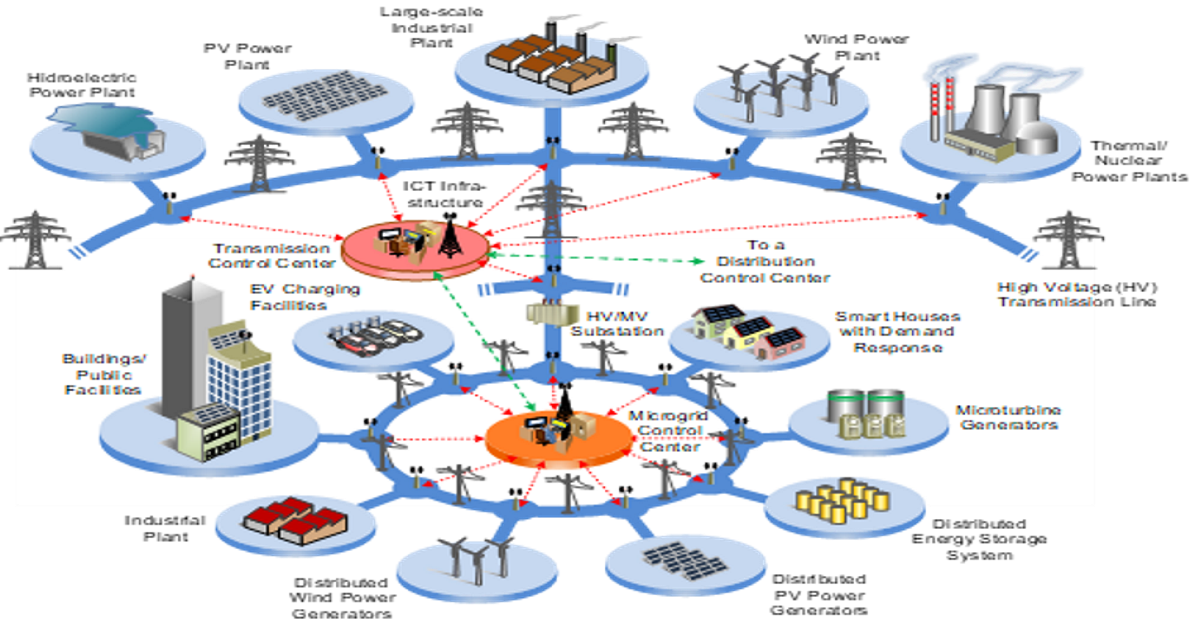- 3.3Impact Factor
- 7.7CiteScore
- 20 daysTime to First Decision
Recent Technological Advancements Driving Sustainable Development in Flexible and Resilient Power and Energy Systems
This special issue belongs to the section “Energy Sustainability“.
Special Issue Information
Dear Colleagues,
The global energy sector is transforming profoundly and rapidly, presenting unprecedented challenges and opportunities. Meeting the increasing electricity demand sustainably poses multifaceted complexities and the transition towards a cleaner and more sustainable energy model encourages the restructuring of the global energy system, driven by key factors such as decarbonization, decentralization, and digitalization. This revolution is supported by technological innovation, including the integration of large-scale and new small-scale renewable energy technologies (solar energy, wind power, hydropower, geothermal energy, biomass, and wave and tidal power), power electronics systems, energy storage, electric vehicles, and electricity demand management.
The complexity of modern power systems makes their optimal operation and control a very challenging task, driving advanced solutions such as smart grids and microgrids. Most of the generating technologies are partially dispatchable and insufficiently predictable in the short term. This increases system requirements in terms of balancing supply and demand growth, further challenging the operating security of power systems. In this context, technological solutions with exceptional capabilities and novel approaches are key to contributing to the sustainable development of resilient power and energy systems, including energy storage technologies, power electronics systems, integration of electric vehicles, demand-side management, and the development of electricity markets. This Special Issue covers these promising and dynamic research areas, aiming to gather high-quality contributions highlighting the challenges, recent advancements, and innovative solutions for flexible and resilient renewable energy-based power and energy systems.
Prof. Dr. Marcelo Gustavo Molina
Dr. Maximiliano Martinez
Guest Editors
Manuscript Submission Information
Manuscripts should be submitted online at www.mdpi.com by registering and logging in to this website. Once you are registered, click here to go to the submission form. Manuscripts can be submitted until the deadline. All submissions that pass pre-check are peer-reviewed. Accepted papers will be published continuously in the journal (as soon as accepted) and will be listed together on the special issue website. Research articles, review articles as well as short communications are invited. For planned papers, a title and short abstract (about 250 words) can be sent to the Editorial Office for assessment.
Submitted manuscripts should not have been published previously, nor be under consideration for publication elsewhere (except conference proceedings papers). All manuscripts are thoroughly refereed through a single-blind peer-review process. A guide for authors and other relevant information for submission of manuscripts is available on the Instructions for Authors page. Sustainability is an international peer-reviewed open access semimonthly journal published by MDPI.
Please visit the Instructions for Authors page before submitting a manuscript. The Article Processing Charge (APC) for publication in this open access journal is 2400 CHF (Swiss Francs). Submitted papers should be well formatted and use good English. Authors may use MDPI's English editing service prior to publication or during author revisions.
Keywords
- integration and operation of renewable energy sources (rES)
- solar energy
- wind power
- hydropower
- geothermal energy
- biomass
- wave and tidal energy
- microgrids and smart grids
- distributed generation
- advanced infrastructure and power electronics facilities
- flexible AC transmission systems (FACTS)
- energy storage
- electric vehicles (EVs)
- modeling and simulation of power systems
- demand-side management
- power system planning
- reliability and resilience
- electricity markets
- application of artificial intelligence (AI) in power systems

Benefits of Publishing in a Special Issue
- Ease of navigation: Grouping papers by topic helps scholars navigate broad scope journals more efficiently.
- Greater discoverability: Special Issues support the reach and impact of scientific research. Articles in Special Issues are more discoverable and cited more frequently.
- Expansion of research network: Special Issues facilitate connections among authors, fostering scientific collaborations.
- External promotion: Articles in Special Issues are often promoted through the journal's social media, increasing their visibility.
- e-Book format: Special Issues with more than 10 articles can be published as dedicated e-books, ensuring wide and rapid dissemination.

